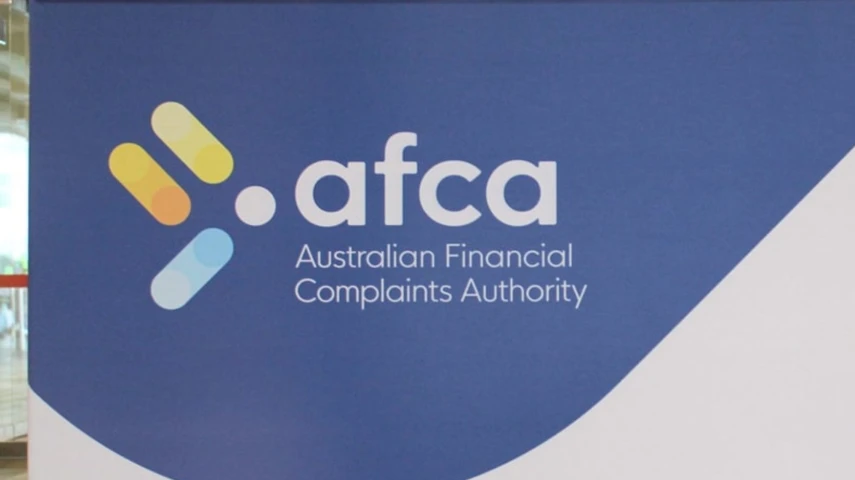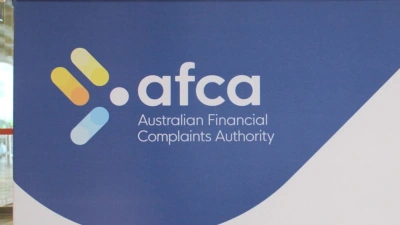AFCA updates on FY26 fee rise



The Australian Financial Complaints Authority (AFCA) has shared how much its member fees will rise in the next financial year.
As part of its annual fee review process, the organisation said it will apply an increase of 3.5 per cent from 1 July 2025 for the 2025–26 financial year.
This will affect its annual registration fees, complaint fee schedule, and systemic fees.
It said fee estimates will be sent to members in April.
In a statement, it said: “As a not for profit, AFCA takes a careful and considered approach to our fees. We have a user pays funding model, and even with the new fee increase, thanks to our low annual registration fee and five free complaints model, approximately 98 per cent of AFCA members will pay less than $400 in total fees and charges for AFCA each year.
“Over 50 per cent of the complaints we receive will be resolved for under $100.”
In the 2024–25 financial year, the annual registration fee was $388.69 for financial firm members and $68.29 for ACR members. Members who receive five complaints within the financial year only pay the annual fee.
The figure is greater than actuary estimates within the Compensation Scheme of Last Resort (CSLR) levy estimate which had forecast an AFCA fee increase of 3.1 per cent, reflecting CPI inflation.
Speaking at its member forum, chief executive David Locke said a key way for firms to reduce their fees is by greater use of their own internal dispute resolution (IDR) scheme.
“We have been having conversations with boards and senior leadership at these firms about how, if they invest money in recruiting more staff to deal with IDR, then you will pay AFCA less money, and less complaints will come through to us.
“If you have matters which are awaiting allocation, then there’s a real incentive for you to work with us to resolve them because the fees increase significantly if they aren’t resolved at the IDR stage and progress to case management. If you can resolve them before they come to us, then we can reduce the costs significantly.”
Recommended for you
The Financial Advice Association Australia has appealed to licensees to urgently update their FAR records as hundreds of advisers are set to depart by the end of the year.
Demand for robo-advice tools is rising, a report has shown, but this is occurring simultaneously with rising demand for professional face-to-face advice.
ASIC has released the results of the latest financial adviser exam, held in November 2025.
Winners have been announced for this year's ifa Excellence Awards, hosted by Money Management's sister brand ifa.












